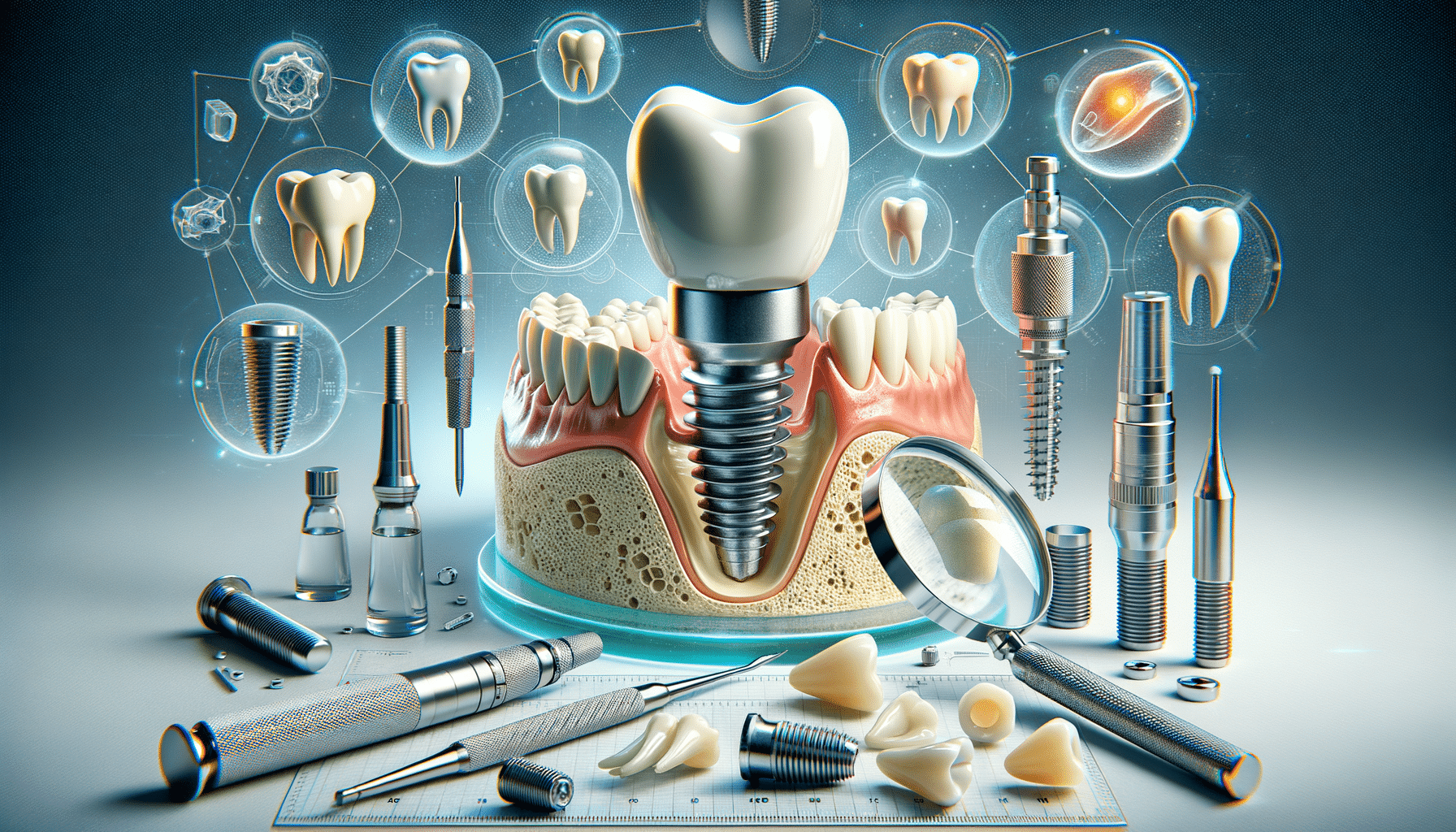
Exploring the World of Dental Implant Trials
Introduction to Dental Implant Trials
Dental implant trials play a crucial role in the advancement of oral health technology. These trials are designed to evaluate the safety, effectiveness, and overall performance of dental implants before they become widely available to the public. As dental implants have become a popular solution for missing teeth, their development through clinical trials ensures that they meet rigorous standards and provide optimal outcomes for patients. By understanding the importance of these trials, patients and dental professionals can appreciate the meticulous process involved in bringing innovative dental solutions to the market.
The Phases of Dental Implant Trials
Dental implant trials typically follow a structured process, divided into several phases. Each phase is designed to gather specific information about the implant’s safety and effectiveness. The initial phase usually involves laboratory testing and preclinical studies on animals to assess the basic safety of the materials used. Following successful preclinical trials, Phase I trials commence with a small group of human participants. These trials focus on evaluating the safety and determining the appropriate dosage or placement techniques.
Phase II trials expand the participant pool to further assess the implant’s effectiveness. These trials aim to refine the implant’s design and placement methods, ensuring that it meets the desired outcomes. Phase III trials involve a larger group of participants and are conducted over an extended period. These trials provide comprehensive data on the implant’s long-term effectiveness and potential side effects. Finally, Phase IV trials occur after the implant is approved for public use, focusing on post-market surveillance to monitor its performance and address any emerging issues.
Challenges Faced in Dental Implant Trials
Conducting dental implant trials presents several challenges that researchers and clinicians must navigate. One major challenge is recruiting a sufficient number of participants who meet the specific criteria for the trial. This can be particularly difficult in early-phase trials where the participant pool is small. Additionally, ensuring participant adherence to trial protocols and follow-up appointments is crucial for obtaining accurate results.
Another challenge is managing the ethical considerations involved in clinical trials. Researchers must ensure that participants are fully informed about the trial’s purpose, procedures, and potential risks. Moreover, maintaining the integrity of the trial data is essential, requiring rigorous monitoring and documentation throughout the trial phases. These challenges highlight the complexity of dental implant trials and the dedication required to overcome them.
The Impact of Dental Implant Trials on Patient Care
The successful completion of dental implant trials has a significant impact on patient care. By ensuring the safety and effectiveness of new implant technologies, these trials contribute to improved treatment outcomes and enhanced patient satisfaction. Patients can benefit from the latest advancements in dental implant design, which offer more natural-looking and durable solutions for missing teeth.
Moreover, the data gathered from these trials helps inform clinical guidelines and best practices for dental professionals. This ensures that practitioners have access to the most up-to-date information when recommending and performing dental implant procedures. As a result, patients receive care that is based on the latest scientific evidence, leading to better overall oral health outcomes.
Future Directions in Dental Implant Trials
As dental technology continues to evolve, the future of dental implant trials looks promising. Researchers are exploring innovative materials and techniques to further enhance the performance of dental implants. For instance, the use of bioactive materials that promote bone growth and integration is a growing area of interest. Additionally, advancements in digital dentistry, such as 3D printing and computer-aided design, are revolutionizing the way dental implants are designed and manufactured.
The integration of artificial intelligence and machine learning in the analysis of trial data is also expected to streamline the research process and provide deeper insights into implant performance. These technological advancements hold the potential to make dental implant procedures more accessible, efficient, and effective for patients worldwide.


